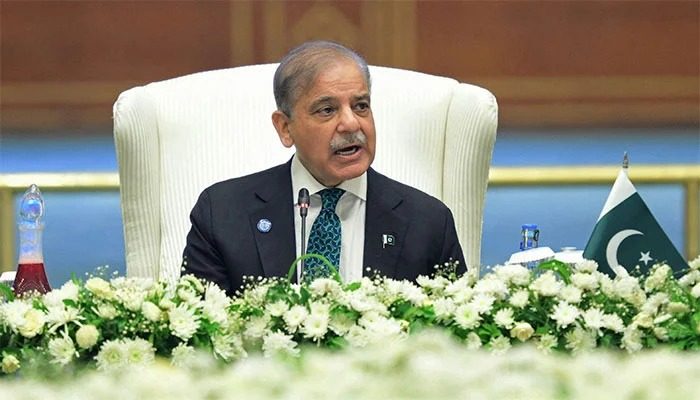The NAP has seen numerous phases of implementation, but its effectiveness continues to be a point of debate, particularly in light of recent security challenges (Catchline)

By our correspondent
ISLAMABAD: Prime Minister Shehbaz Sharif has called for a pivotal meeting of the Apex Committee on November 18, to evaluate the progress of Pakistan’s National Action Plan (NAP) and review the ongoing counter-terrorism initiatives. This gathering, scheduled to take place at the Prime Minister’s House, will include key figures such as Army Chief General Asim Munir, Director-General of the Inter-Services Intelligence (ISI), as well as heads from other key intelligence agencies in the country.
The meeting holds significant weight as it comes at a time when security concerns in Pakistan remain at the forefront of national discourse, with the government determined to address the evolving threats posed by terrorism and extremism. The National Action Plan, originally implemented following the horrific 2014 Peshawar school massacre, was designed as a comprehensive strategy to combat terrorism, religious extremism, and sectarian violence. Its objectives have been broad, spanning both military and civilian efforts aimed at dismantling the networks responsible for perpetrating violence across the country.
The NAP has seen numerous phases of implementation, but its effectiveness continues to be a point of debate, particularly in light of recent security challenges. As such, the upcoming meeting will focus not only on reviewing the existing measures under the NAP but also on identifying areas where adjustments or new strategies may be needed. The agenda for the meeting will include detailed updates on the current state of security operations, with a particular emphasis on how intelligence agencies are coordinating to thwart terrorist activities.
The discussion will likely delve into recent security developments, the identification of new terrorist cells, and the ongoing battle against insurgencies in areas like Balochistan and Khyber Pakhtunkhwa, where tensions have remained high. The government’s primary concern will be ensuring that the country’s security framework is agile enough to respond to the constantly shifting nature of terrorism, which continues to adapt and thrive in certain pockets of the country.
A key focus of the meeting will also be the assessment of resource allocation for counter-terrorism efforts, ensuring that the available budget and manpower are being effectively directed towards the most critical areas. The leadership will also examine how successful coordination between military and civilian agencies has been, particularly with regard to intelligence sharing and operational efficiency. The goal will be to refine existing efforts, bolster intelligence networks, and continue strengthening Pakistan’s overall counter-terrorism infrastructure.



